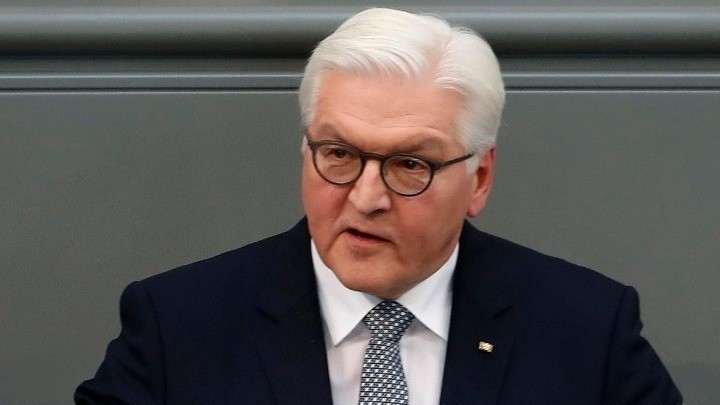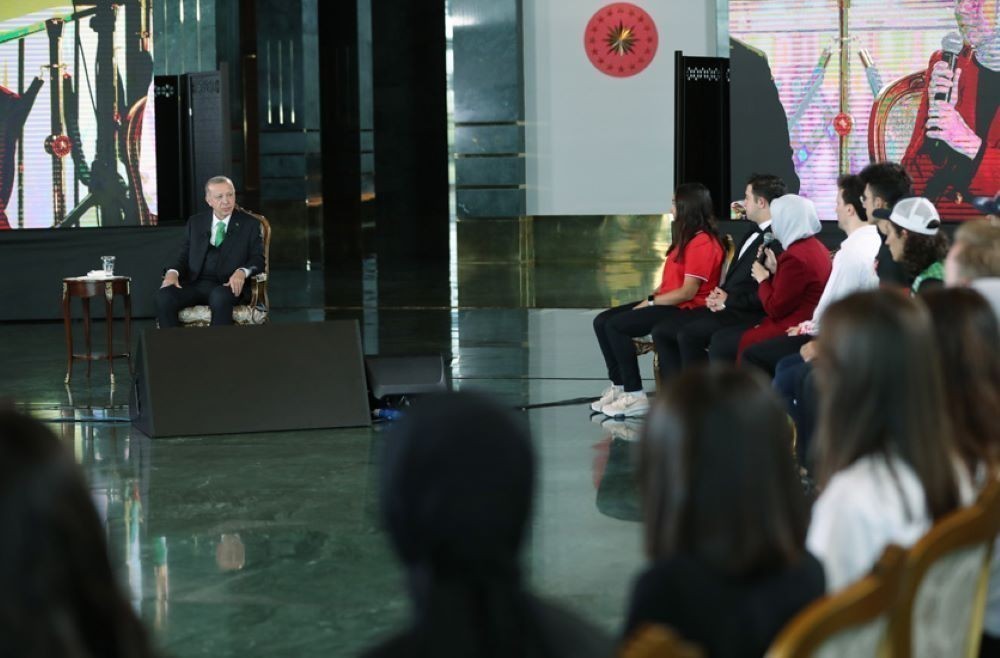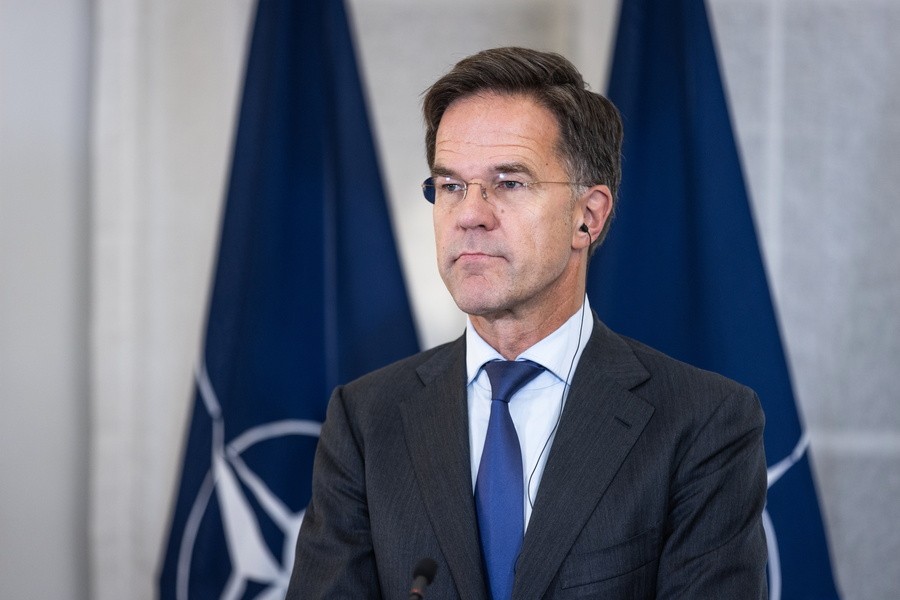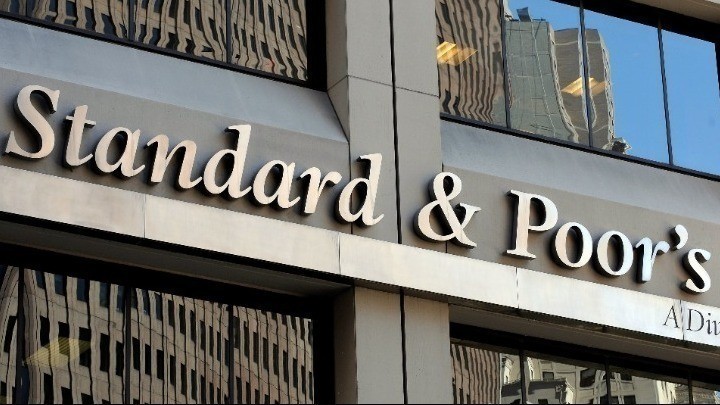
The end of Chimera is that Turkey belongs to NATO: Turkey’s stance is getting more and more pro-Russian

The Islamist President of Turkey, Tagip Erdogan. Photo via Turkish Presidency
NATO allies have been suspending the conversation about Turkey’s membership in NATO for many years. Because Turkey tries to disarray NATO standing against Finland and Sweden’s application to NATO, it is high time to bring to the table the malign Turkish role in NATO.
Turkey’s big bet was no other than to be a bridge between Russia and NATO. The so-called “mediating initiative” that tried to present as a provision of exemplary services to the West was the prelude to its last heinous blackmail to the North Atlantic Treaty. Erdogan has already neglected twice to ratify the membership applications from both Finland and Sweden by using its veto power to bargain leverages. Helsinki and Stockholm ramp up the procedure to avoid a future similar to the Ukraine one.
Putin’s war in Ukraine has opened the Pandora’s Box not only for the return of History in International Politics (in which the usage of power is the last resort for resolving disputes) but also, has clarified that the authoritarian regimes of the world are trying to revise the status quo on a worldwide level. Senator Hurd made a tweet with substantial content. If a dictatorship can block democracies from being members of NATO, it is essential to reassert the status of membership in the North Atlantic Treaty. That was the substantial meaning of Hurd’s tweet. But before all else, it is of critical importance to unfold Turkey’s behavior because if NATO can grasp Erdogan’s calculations, it would be easier to end Turkey’s unacceptable policy towards the West.
As Barkey and Abramowitz had stressed almost a decade before, Erdogan deeply believes that Turkey is more important to the West than the West is to Turkey. The central argument of Erdogan is always that Ankara is kind of the center of the world and this overestimation produces the blackmailing role of Turkey. According to this belief, Turkey blackmailed the E.U. using the refugee crisis in the war in Syria to fortify that European military industries would not impose an arms embargo against Turkey during Erdogan’s invasions in Northern Syria. The S-400 comprises by itself another argument that could unfold the core of Turkish foreign policy towards the West. Turkey supposed it could buy the Russian anti-missile system without being excluded from the co-producing line of the F-35. Again, Erdogan proved to everyone that there is no inconvenient position for Ankara to gain the best of both worlds regarding its relations with Russia and the West.
Erdogan has diminished Turkey’s devotion to NATO since he revived the Ottoman Empire’s role in the Middle East. Ankara has bolstered its relations with Russia and China to reduce its dependence on the West. Being the “eastern guardian of the western interests’’ was no longer the case for AKP. According to the Turkish government, Turkey should have changed its foreign policy in the aftermath of the Cold War.
After the Arab Spring, Turkey took advantage of the collapse of its Arab neighbors and reinforced its new-ottoman argument that MENA needed a regional power with a robust economy and military to reconstruct the entire region. Its military presence in Libya, Syria, Northern Iraq, Nagorno Karabakh, and Somalia proves that during the last decade, Ankara has doubled down the effort to be the power that would connect the area of MENA with the Caucasus and the Red Sea.
Furthermore, Russia is the key partner of Erdogan’s aggressive and revisionary foreign policy. Moscow and Ankara have built up an extraordinary model of cooperation on a raft of issues. In Libya, Nagorno Karabakh, and Syria, Putin and Erdogan share between them the influence against the West. The chaotic landscape of regional conflicts comprises a convenient condition for boosting such a role.
As a result, Turkish-American relations have deteriorated since Turkey works against western interests in various regions. The elephant in the room of Turkish-American relations is the strategic rapprochement between Turkey and Russia. In 2017, Erdogan gained the Russian anti-missile system S-400, obliterating the interoperability of NATO. From 2020, Turkey is under CAATSA (a legal tool that the U.S. uses to prevent the augmentation of adversarial influence) and the acquisition of S-400 excluded Ankara from the co-production line of the F-35 program. The U.S. has also posed sanctions on organizations and Turk citizens that indirectly finance terrorist groups in the Middle East.
The big bet of Erdogan was that Russia and the West wouldn’t further their animosity because the interdependence between Russia and European states was standing at the highest level during Merkel’s tenures. The War in Ukraine has already falsified Erdogan’s aspirations, and Turkey covered the fact that is between a rock and a hard place, by playing a “meditative role” in the Russo-Ukrainian War. At the same time, Turkey asserts the fact that the base of Alexandroupolis is one of the new cornerstones of the U.S. and NATO projection of power in the regions of the Balkans and the Black Sea. Holding the best of both worlds is difficult anymore because of the polarization of the world politics around the dilemma ”Democracies or Autocracies”. Turkey is marching to its pre-election year and Erdogan augments its pressure to attain bargains in the grace of his big internal issues. By presenting himself as a “global leader” who can bicker with other global leaders and take from them what Turkey deserves. According to Erdogan’s mindset, Ankara has already become a world power. Moreover, Turkish officials assert that a potential entry of Finland and Sweden into NATO will further decrease its geostrategic value for the West. The epicenter of NATO’s activities will be transported from the Black Sea to the Arctic Ocean. Turkey’s nightmare is a further devaluation of itself after a potential end of Putin’s era because a West-friendly Russia with a western Ukraine will make Turkey less useful to the West.
Last but not least, the AKP tries to blackmail its NATO allies by imposing an arms embargo against Turkey which has already invaded Syria, Libya, Northern Iraq, and Nagorno Karabakh, and tried to weaponize refugees against its NATO ally Greece aiming to destabilize the Greek government. To make the long story short, Turkey asks for the embargo lifted to continue to stretch its arms in the entire region (against Kurds, Greece, Cyprus, Syria, Libya, etc).
Turkey’s stance is getting more and more pro-Russian and against NATO’s interests. For the North Atlantic Alliance, Turkey’s malicious policy has slightly become an existential matter, especially regarding its cohesion. It remains unknown how far Turkey will go blackmailing Finland, Sweden, and its NATO allies, but the dialogue regarding its membership in NATO has already begun. That calls for a severe change in the decision-making process within the most significant security alliance of the West.
Ακολουθήστε τη HELLAS JOURNAL στη NEWS GOOGLE

